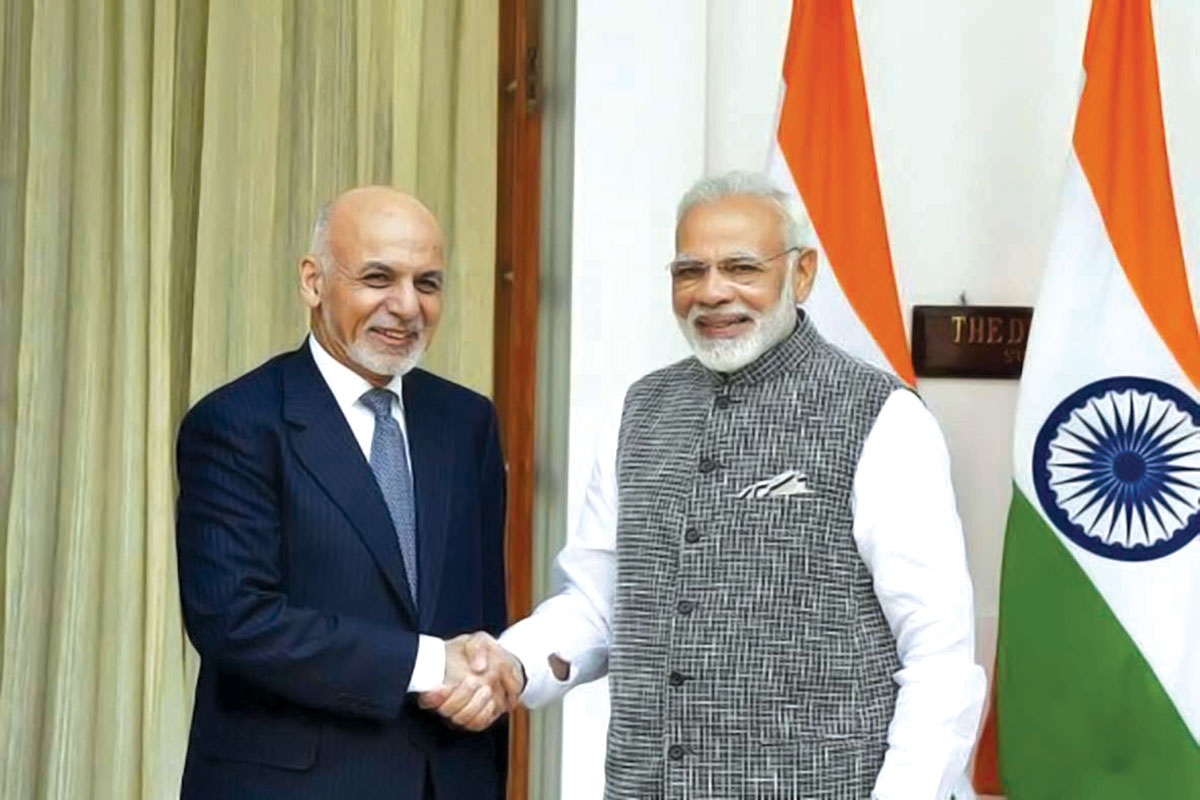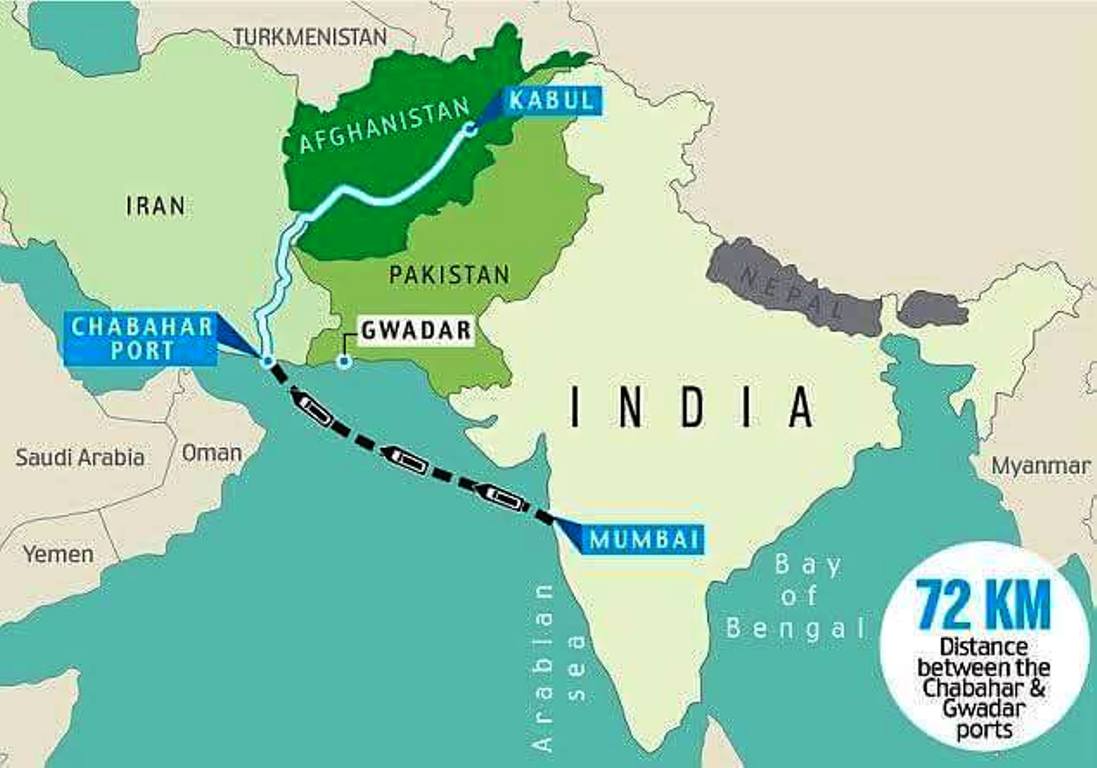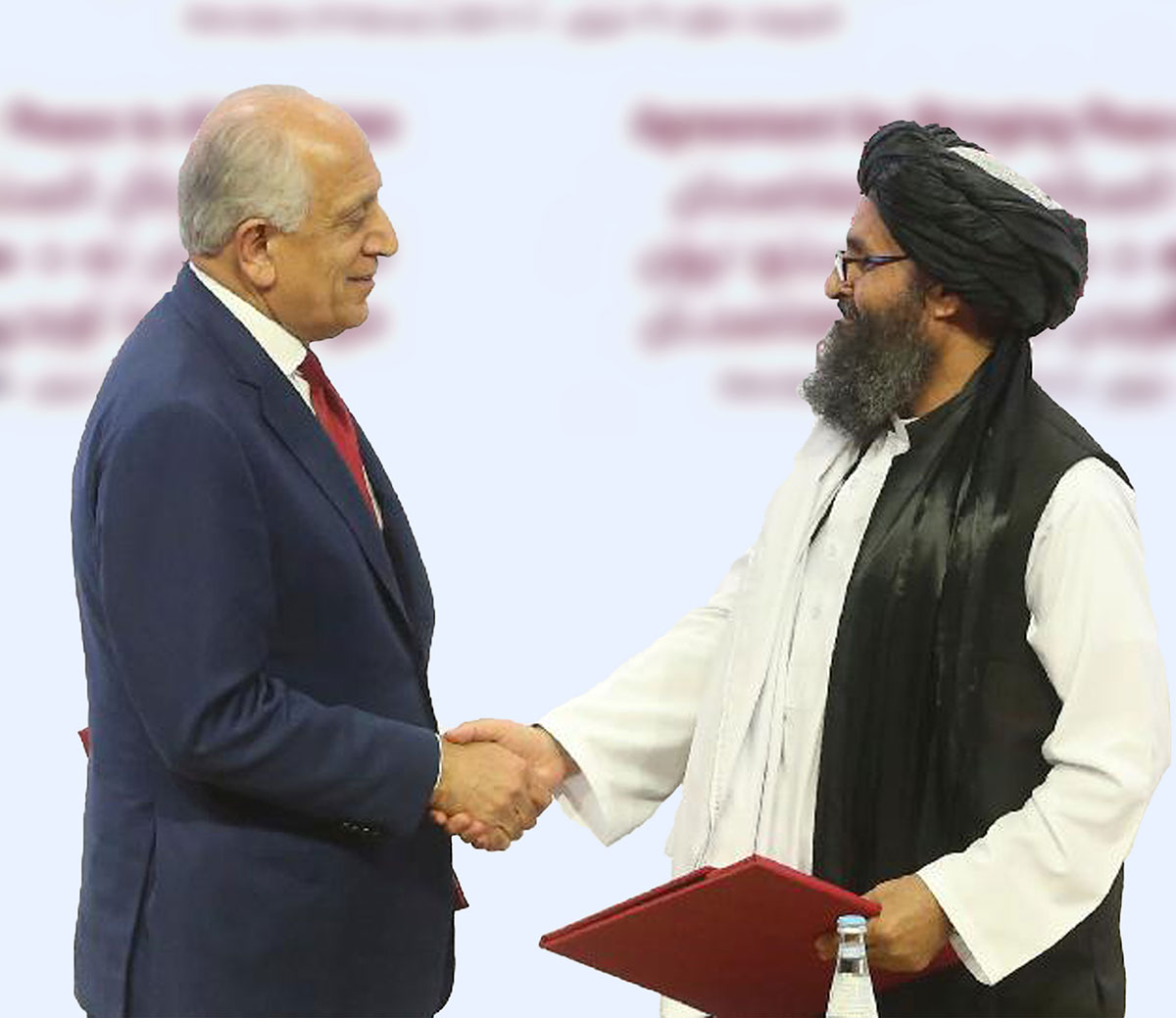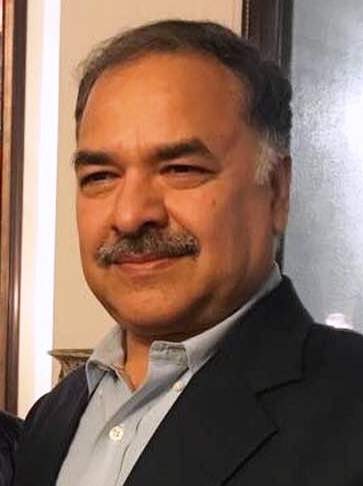by Sanjay Kapoor
The huge Chabahar Port project in Iran, meant to allow India to side-step Pakistan and take the land route to Afghanistan and Central Asia, seems like a dead investment now — a dream gone sour

The spectre of the collapse of the Ashraf Ghani government of Afghanistan and the takeover by Taliban, even while the US has left the country to its miserable fate, is increasingly driving a nail in many bilateral and multilateral arrangements between Kabul and the world. Undoubtedly, the most hurt would be India and its much-vaunted project of the Chabahar Port in Iran’s east, which was meant to allow New Delhi an opportunity to side-step Pakistan and take the land route to Afghanistan and Central Asia.
Now Chabahar, from Iran and India’s perspective, seems like a dead investment — a dream gone sour.
“Indians just took too much time to complete the project. Now, changed circumstances and alternative connectivity routes are being conjured up by other countries to make Chabahar irrelevant,” claims an Iranian source.
He may be right.
Much of the blame for the slow pace at which the Chabahar project progressed should rest on India and its over-cautious attitude. The current government in Delhi did not want to do anything to antagonize the US government after it had imposed sanctions on Iran.
Now, the Americans have partnered with Uzbekistan, Afghanistan and Pakistan to make a new connectivity corridor!

So where does it leave India?
Ironically, India’s Chabahar engagement, though old, gained momentum after former US president Barack Obama ended sanctions against Iran and signed the nuclear deal. His successor, Donald Trump, had other ideas. He, rather unceremoniously, cancelled the deal and clamped claustrophobic sanctions on Iran, but gave freedom to India to carry on with the project as it benefited Afghanistan.
The Indian government, through the periodic visits of its Foreign Minister, S Jaishankar, and other officials, has routinely expressed its commitment to complete the project. However, the Iranians have a different story to tell.
And it is not a happy story with a happy ending.

Not only did India baulk at its promise to provide a line of credit in 2018 to build the railway route from Chabahar to Zahedan, the Indian company that is supposed to build and manage port Shahid Beheshti, India Port Global, is a leaderless entity that is in a state of drift.
Iranian sources allege that there is a conscious attempt by China, which is furiously building its Gwadar project in the Sea of Oman, and, now, the US, to puncture Chabahar. Or else, what was the reason that the US should announce a ‘connectivity project’ in Tashkent with Uzbekistan, Afghanistan and Pakistan that does not include Iran or India?
Jennifer Murtazashivilli from the Center of Governance, University of Pittsburg, was quoted by the Voice of America arguing: “Given the difficult relations between the US and Iran, it would be difficult to secure funding for that southward route, so it is more politically feasible to connect Uzbekistan through Afghanistan and Pakistan than to go through Iran right now.”
Uzbek President Shavkat Mirziyoyev had earlier shown inclinations to be part of the Afghanistan-Iran project. However, the manner in which the country has been hustled into a new connectivity project that culminates in Pakistan, suggests that the Uzbeks are preparing for a new arrangement in their neighbourhood.
Meanwhile, The Indian foreign minister tried to sell the idea of building connectivity through Chabahar and aligning it with the Russian-backed North-South Corridor. However, it seems that the mood in the Tashkent conference has changed.
Significantly, the Uzbeks revealed that they had good relations with the Taliban and could work closely with them.

Ironically, this is not the only setback that the Iranians talk about. In their reckoning, they kept their gas field Farzad-B, which was discovered by the Oil and Natural Gas Company’s (ONGC) OVL for 15 long years for India, but India continued to negotiate without getting on with the task of developing it and commercializing it. The net result, according to them, is that Saudi Arabia managed to deplete much of the gas from this field. “Now we are developing the field on our own,” said the Iranian source.
However, there seems to be a silver lining too, however faint and futuristic. Despite the terribly pessimistic scenario for India, all is not lost, according to the Iranians. If the Taliban do take over Afghanistan and use the Karachi port, then India could look at using Chabahar to access the Central Asian and European market in the turbulent days to come.
But, then, there is always a big ‘if’ in this rapidly changing scenario on the ground. Indeed, will India be in a totally lose-lose scenario, or, will it retrieve some minimalist gains at least in the days to come -– that is the question, which should worry the current government in Delhi.
(A senior journalist, Sanjay Kapoor is editor of Hardnews magazine. The opinions expressed in this article are those of the author’s and do not purport to reflect the opinions or views of Kashmir Life.)















